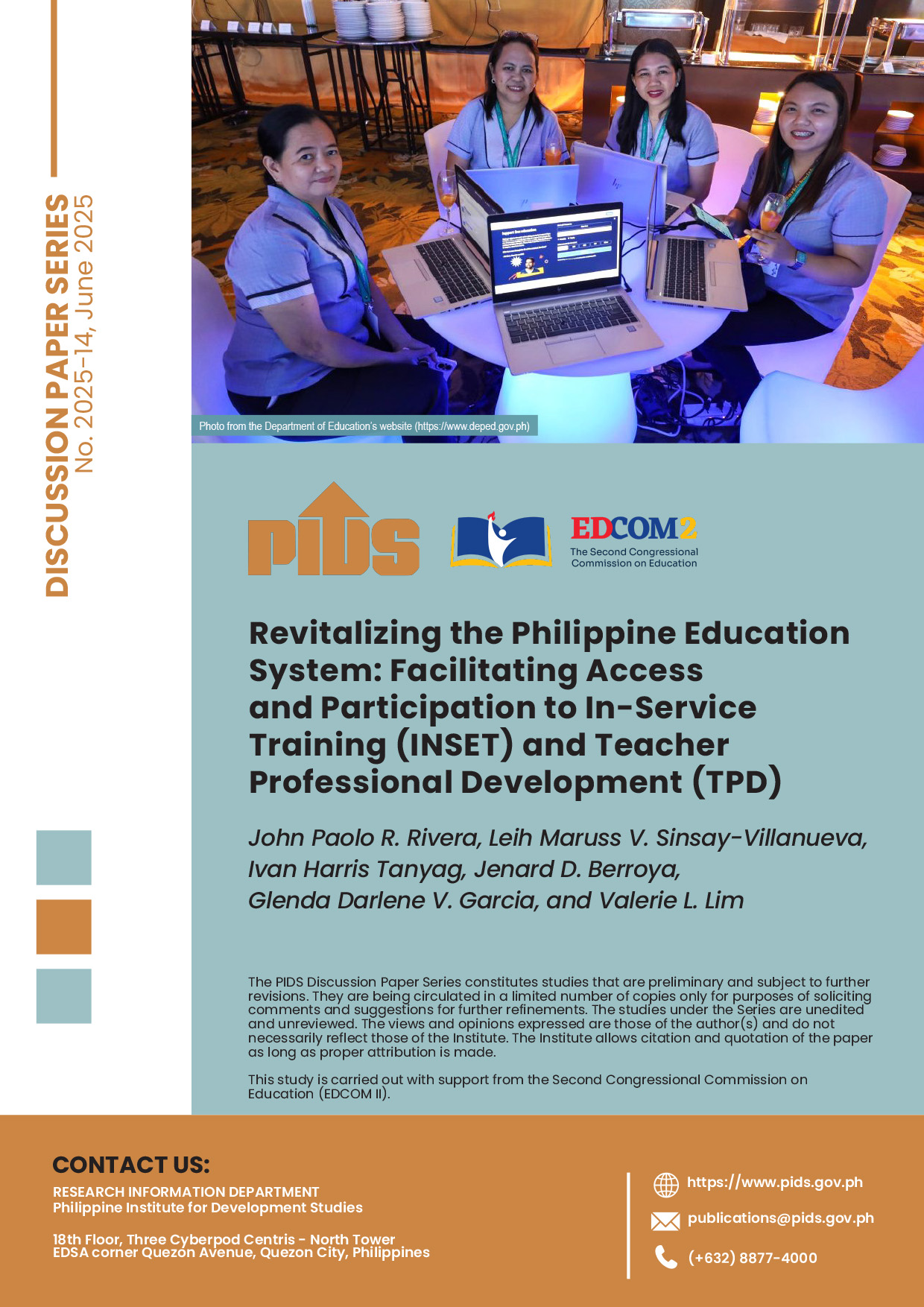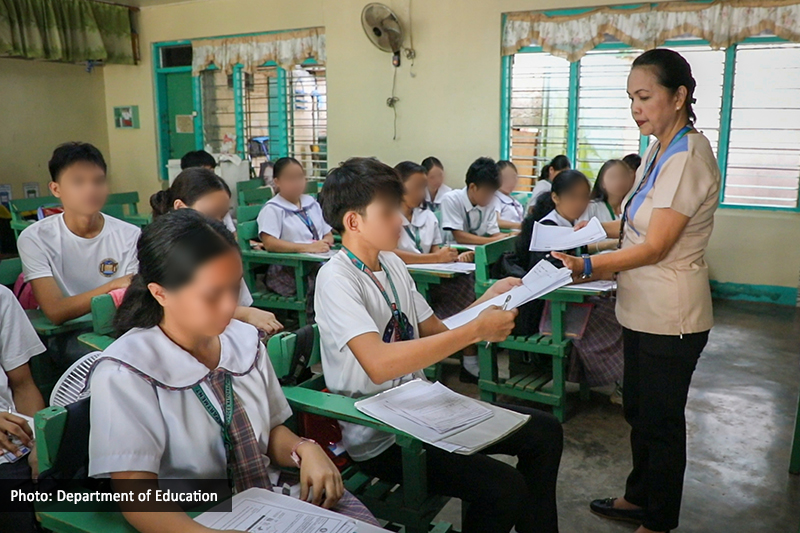IN THE past years, the government has made attempts to improve the country’s educational system.
In 2014, it expanded the age coverage of its conditional cash transfer program, the Pantawid Pamilyang Pilipino Program (4Ps) to 18 years old to give poor children a better chance at finishing high school. Under the 4Ps, children who are part of the program should be enrolled in school.
In 2016, the government, under the Department of Education (DepEd), fully implemented the K-12 program to make the Philippine basic education system at par with international standards as it increased the number of years for basic education to 12. But due to hitches, a review is in the offing.
In 2017, President Rodrigo Duterte signed a law that provides free tuition for students of state universities and colleges in the country despite the opposition of some economists.
The government is correct in investing in education. This is the bigger picture: education promotes economic growth. That’s because an educated citizenry is expected to become good contributors to the economy.
Nanak Kakwani, a poverty expert from the University of New South Wales, recently presented a paper during a seminar at the Philippine Institute for Development Studies. He shared an interesting observation. Citing China’s poverty reduction strategies, he said the level of importance China gives to education, especially in the tertiary level, might have played a role in that country’s economic growth. He said, “The amount of money they [Chinese] are spending on higher education is amazing. If you go to their campuses you will find huge and beautiful infrastructure. They are getting a lot of benefits in higher education.”
Well, higher education in China is highly subsidized by the government. The same goes for Brazil, which saw a reduction in poverty after it expanded the education system—a move that is highly pro-poor.
The Philippine government would do well to sustain its investments in education. But Kakwani had a friendly reminder: he warned against inefficient spending, saying that the government should be able to utilize its budget to fund other social welfare programs and make them more beneficial especially to the poor. In other words, there must be no corruption. Government money must be used to where it is intended. It must not end up in the deep pockets of thieves.












